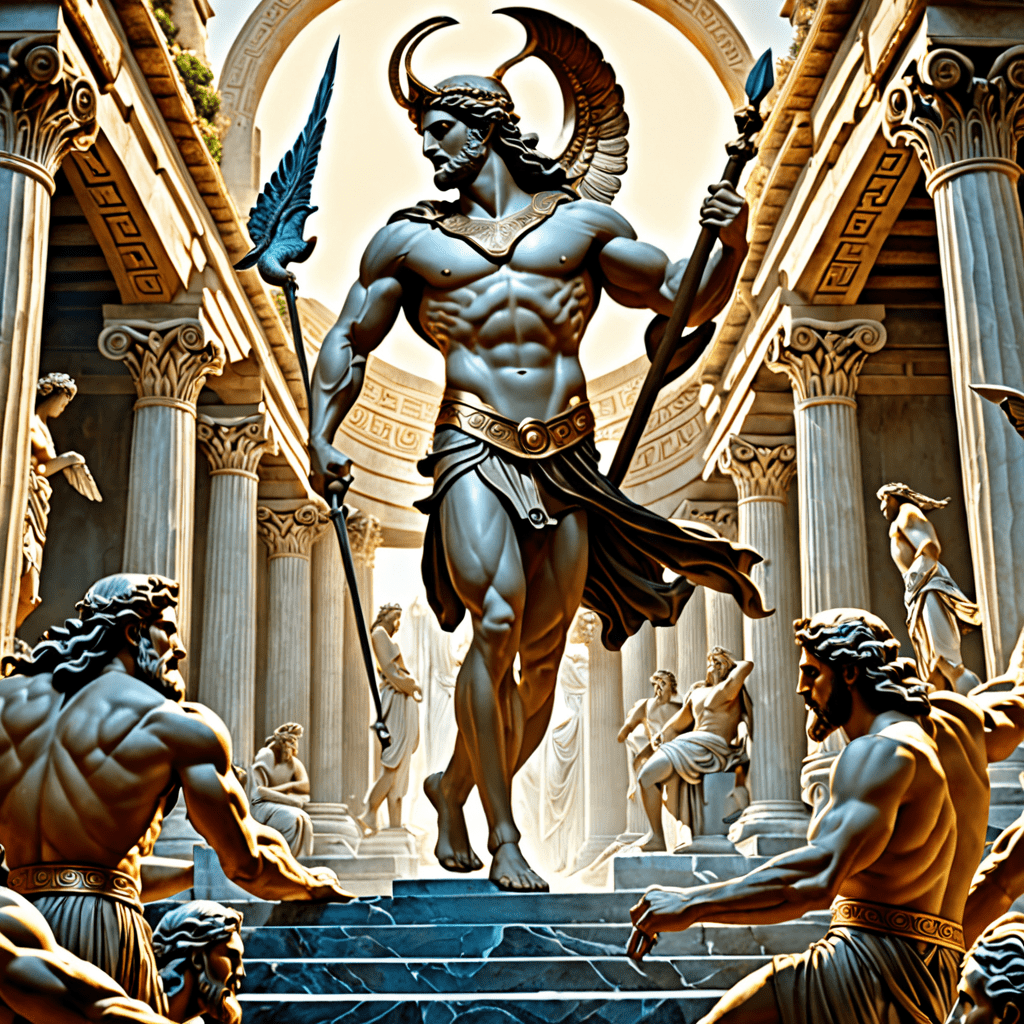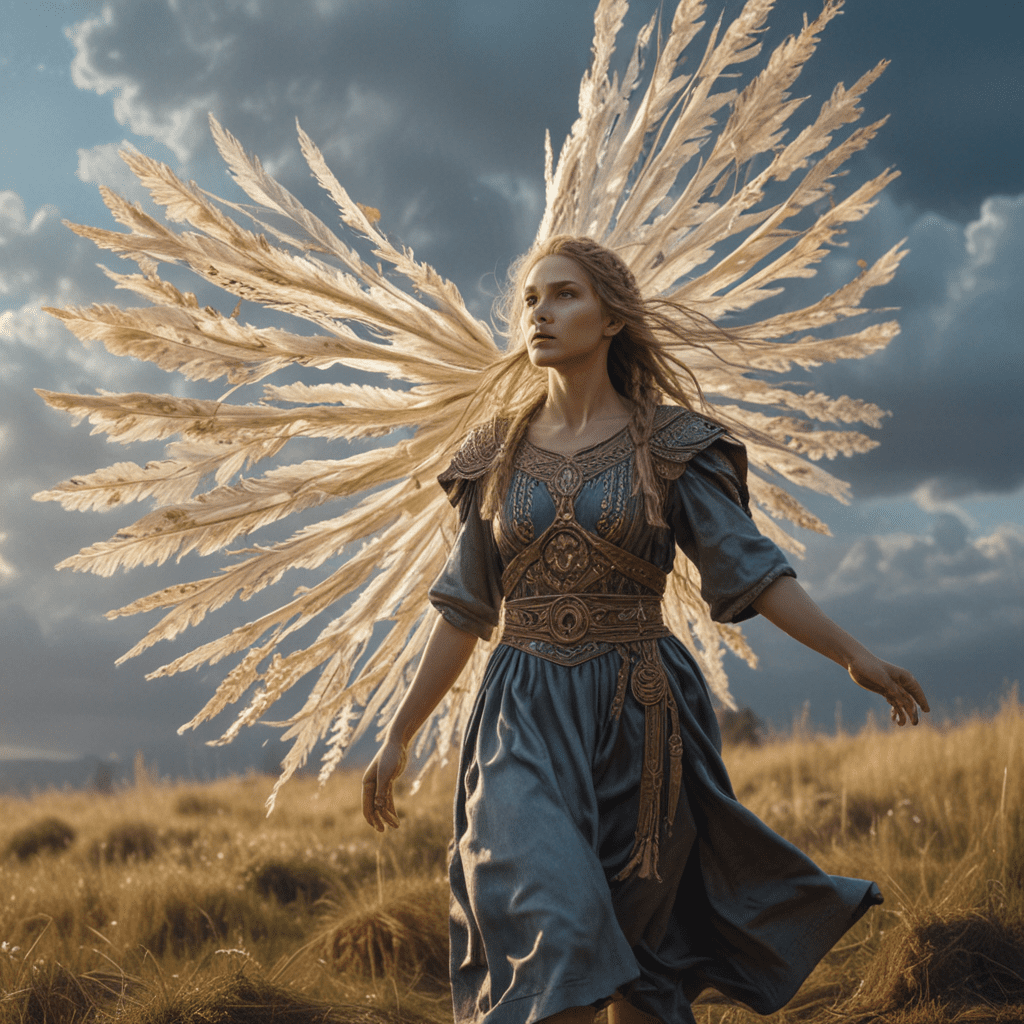The Representation of Nature in Greek Mythology
Greek mythology is rich with stories that depict various elements of nature as divine beings, reflecting the ancient Greeks’ profound connection with the natural world. Let’s delve into how nature is represented in Greek mythology:
Nature Deities
In Greek mythology, nature is personified through a pantheon of deities who govern different aspects of the natural world. Some notable examples include:
1. Gaia: Gaia is the primordial Earth Mother, representing the land itself. She is seen as the source of all life and is revered as the ultimate symbol of fertility and abundance.
2. Poseidon: As the god of the sea, Poseidon controls the waters and all aquatic creatures. He is known for his tempestuous nature, symbolizing both the power and volatility of the oceans.
3. Demeter: Demeter is the goddess of agriculture and fertility. She is closely associated with the cycle of the harvest, reflecting the Greeks’ dependence on the land for sustenance.
4. Artemis: Artemis is the goddess of the hunt and wilderness. She embodies the untamed aspects of nature and is revered as a protector of wild animals and forests.
Natural Phenomena
Many Greek myths are centered around explaining natural phenomena through the actions of mythological figures. For example:
1. The Changing Seasons: The myth of Persephone’s abduction by Hades explains the cycle of the seasons, with her time in the underworld corresponding to winter and her return symbolizing spring and rebirth.
2. Eclipses and Celestial Events: Myths involving gods like Helios (the sun) and Selene (the moon) are used to explain celestial events such as solar and lunar eclipses.
Natures Divine Balance
In Greek mythology, nature is often portrayed as a delicate balance that must be maintained for the harmony of the world. This theme is seen in stories such as:
1. Chaos vs. Order: The primordial chaos from which the world emerged is tempered by the creation of order through divine beings like Zeus and Athena, symbolizing the balance between natural forces.
2. Hubris and Punishment: Hubris, or excessive pride, often leads to the downfall of characters in Greek myths. This moral lesson reflects the importance of respecting the natural order and not overstepping boundaries set by the gods.
Overall, the representation of nature in Greek mythology offers insight into the ancient Greeks’ reverence for the natural world and their efforts to explain its mysteries through storytelling and divine interpretations.
FAQ: The Representation of Nature in Greek Mythology
What role does nature play in Greek mythology?
In Greek mythology, nature is often personified and plays a significant role in the stories. Gods and goddesses associated with different aspects of nature, such as the sea, forests, and agriculture, are central figures in many myths.
How are natural elements portrayed in Greek myths?
Natural elements like rivers, mountains, and the weather are often depicted as divine beings or creatures in Greek mythology. They are not merely background settings but active participants in the tales, shaping events and interacting with the human characters.
Can you provide examples of nature-based myths in Greek mythology?
Certainly! Myths like the story of Demeter and Persephone explain the changing seasons through the cycle of agriculture. Additionally, tales of Poseidon, the god of the sea, showcase the power and temperament of the oceans in Greek lore.
Why is the representation of nature in Greek mythology important?
The portrayal of nature in Greek mythology not only reflects the ancient Greeks’ reverence for the natural world but also serves as a way to explain natural phenomena and human experiences through storytelling. These myths provide insights into the culture, beliefs, and values of the ancient Greeks.




